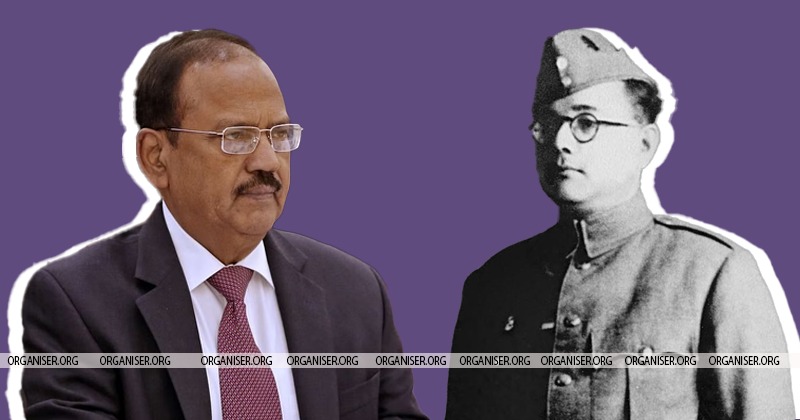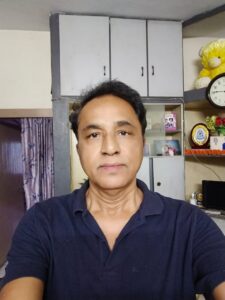Rama Krishna Sangem
National Security Adviser (NSA) Ajit Doval said on June 17, Saturday that India would not have been partitioned if Subhas Chandra Bose had been the leader at the time of the country’s independence. British decided to leave India in a hurry because of what Bose had done and India would have been militarily better prepared for 1962’s Sino-Indian War if the leadership shared Bose’s commitment to building a strong army.
Delivering the Netaji Subhas Chandra Bose Memorial Lecture organised by the Associated Chambers of Commerce and Industry (Assocham), Doval bemoaned that history had been “unkind” to Bose.
Doval’s comments are likely to trigger a debate, especially his claim that former British prime minister Clement Attle told the acting governor of West Bengal in 1956 how Britain gave India its independence as it was scared that the spark Bose had lit could lead to an uprising, while Mahatma Gandhi was not as important an influence on the events at the time.
NSA Doval said India’s greatest strength is its human resource, which he said was committed to nationalism. He appealed to the gathering that they were in a “unique position” to skill them to make the country’s workforce globally competitive. Doval said India’s current workforce comprises 495 million, while China’s is 850 million. He said, in 2050, India’s workforce will be 1.1 billion, while China’s will drop to 500 million.
“We will contribute 40 per cent of the global workforce,” the NSA said, pointing at how India’s semi-skilled and unskilled workers in West Asia remit more money than the country’s annual defence budget.
“Strive to be cost effective, innovative”
“Our companies and people should strive to be innovative and cost-effective. Let us embrace critical and emerging technologies to secure a prominent position in the global market,” he said. The NSA said the country needed inspiring personalities who can transcend personal interests and engage in actions that go beyond business and industry.
Speaking about Bose, Doval said he was proud to be associated with Prime Minister Narendra Modi’s initiative to install Bose’s statue at India Gate and rename an island in Andaman and Nicobar after the freedom fighter. The NSA said he admired Bose’s audacity and tenacity in fighting for the country’s freedom, citing his disagreements with the Congress establishment of the time, including with Gandhi.
According to Doval, Bose wanted to attain freedom by fighting the British, “not beg” for it as such freedom would then be “conditional”. “India would not have been partitioned if Subhas Bose had been there. (Muhammad Ali) Jinna said, ‘I can accept only one leader, that is Subhas Bose’,” Doval said.
According to NSA, Attlee, the British prime minister at the time of the Indian Independence Act (in February 1947), visited Calcutta in 1956, five years after he had demitted office, where he was the guest at the Raj Bhavan. According to Doval, Attlee told his host that the British left India because of the nationalism Bose had inspired, even if he had died in a plane crash in 1945, and many Indians would have walked that path.
The 1946 Naval uprising had the British notice that there were 2.5 million trained Indian soldiers who had fought the Second World War for the British cause, and a repeat of 1857 was possible, he said.



